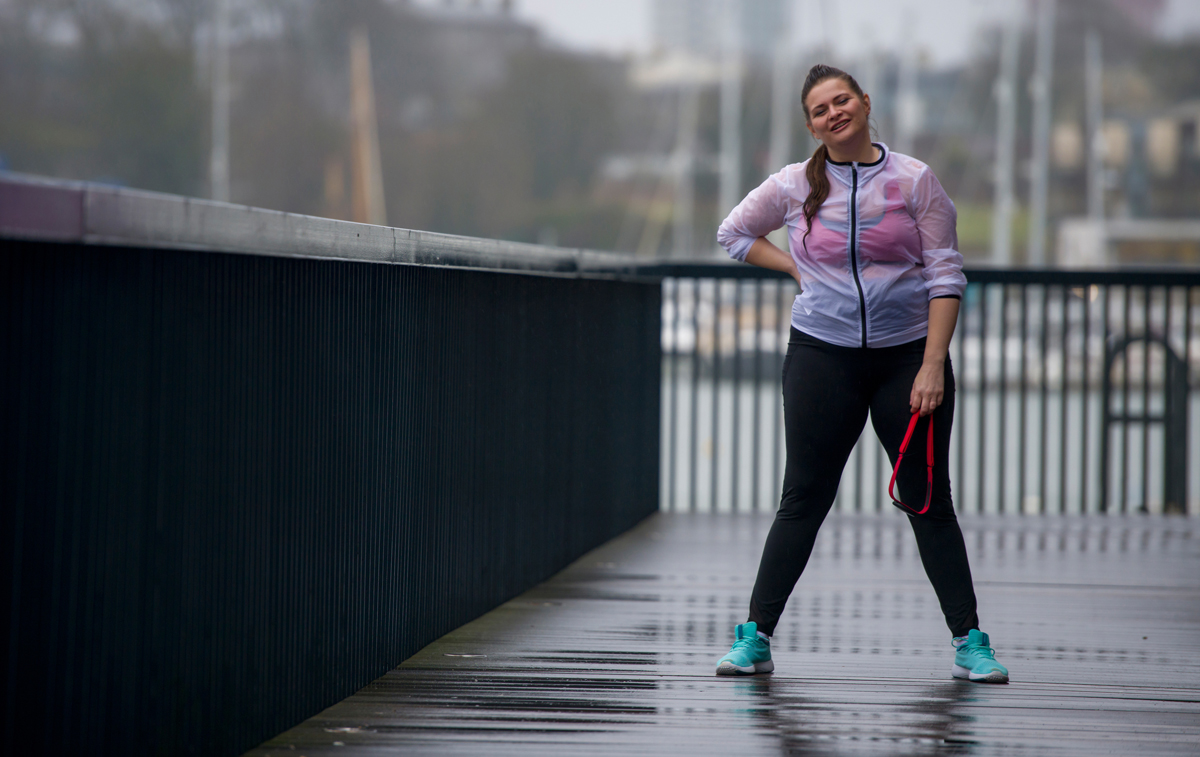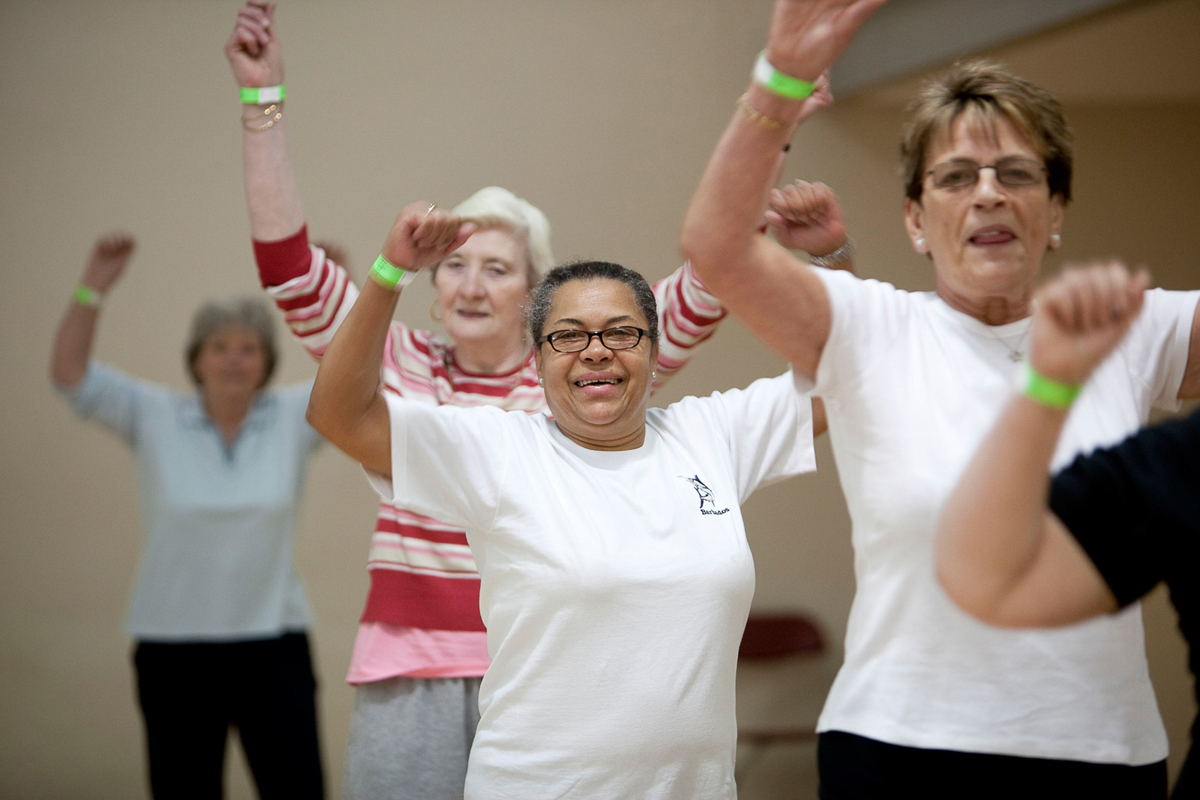As part of the obesity strategy published in July 2020, the Department of Health and Social Care is administering a programme which will make £100m available to support people achieve and maintain a healthier weight.
Led by Sir Keith Mills of Nectar points and Airmiles fame, it will use incentives and rewards to encourage healthy behaviours. More than £70m will be invested in weight management services, made available through the NHS and councils. Up to 700,000 adults will gain access to support to help them lose weight, including digital apps, weight management groups, coaches and specialist clinical support.
Part of the funding from the £30m pot will go towards upskilling healthcare professionals to support those working with children, with interventions and enhanced training packages. It will be aimed at those in most need, including in the most deprived areas of the country.
Many people in the industry felt indignant the government had launched a weight loss initiative without getting us on board or even mentioning to the sector that the scheme was launching. Surely the health and fitness sector is a natural partner, so why do we keep getting overlooked? Or is this actually good news? Is it a sign that at long last the NHS will be moving towards a prevention model? Will there be opportunities for the sector further down the road? And how do we make sure we’re ready to grab them? We explore the issues.




























































